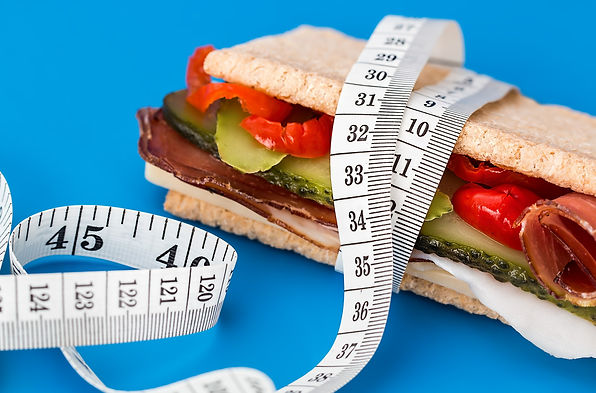Disordered Eating
If eating rules your life we are here for you. If you or someone you care about has an eating disorder, no matter how large or small, we can help.
An eating disorder is not an illness like measles. It is not something that you either HAVE OR DON’T HAVE. Most women and many men worry about what they eat and how they look, and many people do strange things to control their weight.
You are not your eating disorder and not all people with an unhappy relationship with food fit neatly into an eating disorder “box”. Some people have features of all the eating disorders and some people start with one disorder and then it evolves into another disorder.
Types of Eating Disorders
An Eating Disorder is when you have an unhealthy attitude to food, which can take over your life and make you ill.
An individual’s relationship with food can develop into a negative coping mechanism to handle emotional distress. Rather than behaviours manifesting because of the food itself, the relationship is based more upon the notion of controlling their weight in response to a range of possible triggers, for example, neurochemical changes, genetics, lack of confidence or self-esteem, perfectionist personality trait, problems such as bullying, difficulties with school or work.
Food can play a big part in an individual’s eating disorder, but the realities of eating disorders are often much more broad and complex as the pre-occupation with food is only the outward sign of a desperate inner turmoil.
It can involve eating too much or too little or becoming obsessed with your body shape and weight.
The good news is there are treatments that can help and you can recover from an Eating Disorder.
The most common eating disorders are:
Anorexia Nervosa – when you try to keep your weight as low as possible by not eating enough food, exercising too much, or both.
Bulimia – when you sometimes lose control and eat a lot of food in a very short amount of time (binging) and are then deliberately sick, use laxatives (medication to help you poo), restrict what you eat, or do too much exercise to try to stop yourself gaining weight.
Binge Eating Disorder (BED) – when you regularly lose control of your eating, eat large portions of food all at once until you feel uncomfortably full, and are then often upset or guilty.
Other Specified Feeding or Eating Disorder (OSFED) – when your symptoms don't exactly match those of anorexia, bulimia or binge eating disorder, but it doesn't mean it's a less serious illness.
OSFED is the most common.
B-eat. (2017). Types of Eating Disorder. Retrieved from: https://www.b-eat.co.uk/about- eating-disorders/types-of-eating-disorder



